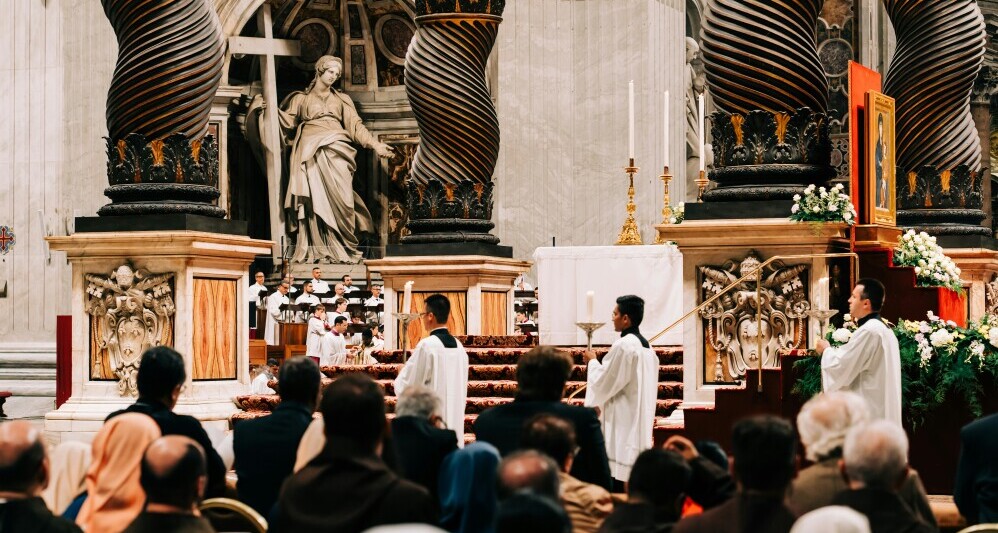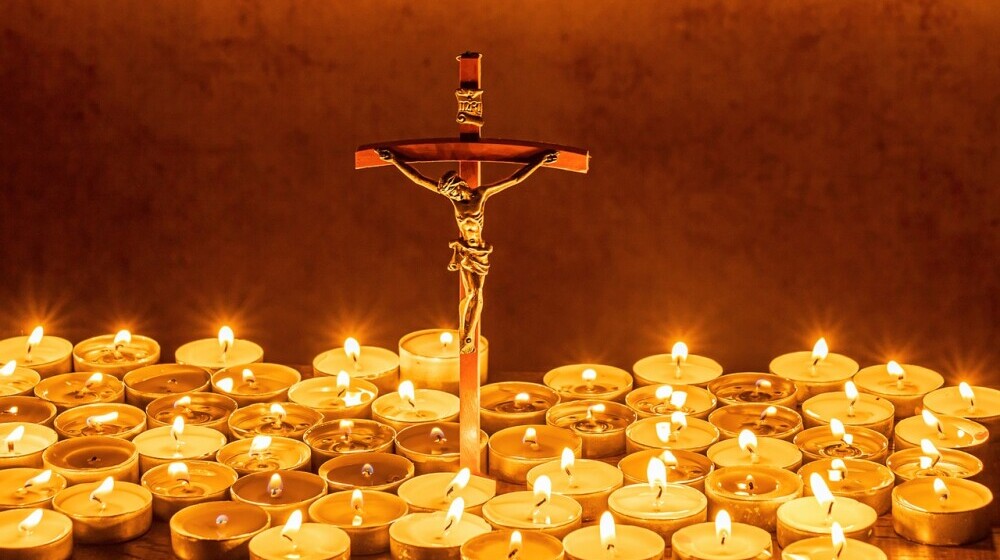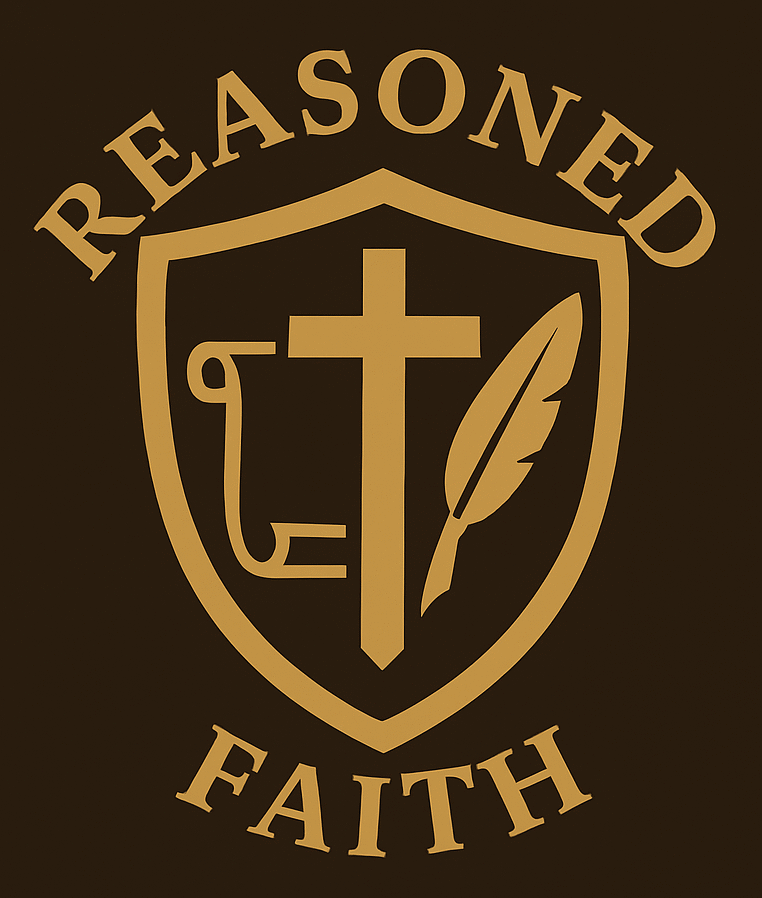
Mark 7:1-8, 14-15, 21-23 offers a powerful reflection on Jesus confronting the Pharisees and scribes. These religious leaders were deeply committed to human traditions, often at the expense of God’s commands. One notable incident involves the Pharisees questioning Jesus about why His followers did not perform the conventional hand-washing procedures before meals. This ancient practice was more about ritual purity than hygiene.
Jesus didn’t mince words in His response. He cited Isaiah, pointing out their hypocrisy: “These people honor me with their lips, but their hearts are far from me.” This confrontation highlighted a crucial issue—the gap between external actions and internal devotion. Despite their outward displays of piety, the Pharisees’ hearts were not aligned with God’s will. This raises a fundamental question for us today: Do our practices serve to truly honor God, or are they just hollow routines?
To better understand this passage, it’s essential to know the historical context. The Pharisees had developed a complex set of oral traditions, known as the “traditions of the elders,” which included numerous rules and rituals. These were seen as a way to maintain purity and compliance with religious laws. The practice of hand-washing before meals was one such tradition, viewed as a way to avoid ritual defilement.
However, Jesus challenged these external rituals, emphasizing that what truly defiles a person is not what comes from outside but what emerges from within—evil thoughts, greed, malice, deceit, and other sins. This teaching shifts the focus from outward conformity to inner purity, urging a sincere reflection on our motivations and intentions. It’s a call to examine our hearts, considering whether our actions genuinely reflect our faith or if they’re merely for show.
Internal Versus External Purity: A Core Teaching of Jesus
Jesus made a profound point about purity, emphasizing the heart’s condition over outward rituals. The Pharisees were known for their strict adherence to external cleanliness rules, believing these practices made them righteous. Jesus, however, shifted the focus to what’s inside—our thoughts, intentions, and motivations. Mark 7:14-15 captures this clearly. He taught that what we consume doesn’t defile us; rather, it’s what comes out of our hearts that truly matters.
Modern life presents countless distractions and pressures, tempting us to focus on appearances rather than substance. This teaching invites us to look inward, reflecting on our inner lives. Are we driven by love, justice, and mercy, or are we merely conforming to societal expectations? Self-examination can lead to genuine transformation, aligning our actions with the core values of faith.
Think about your daily practices. Do they stem from genuine faith, or are they performed out of habit or obligation? For example, attending a religious service or performing a ritual without true engagement can become just another routine. But when driven by genuine devotion, these actions nourish the spirit and deepen our connection with God.
Jesus’ distinction between internal and external purity challenges us to prioritize what’s truly important. Instead of focusing on adhering to external rules, we should strive for a sincere faith that manifests in every aspect of our lives. This means being mindful of our thoughts and actions, ensuring they reflect our beliefs.
Moreover, this self-awareness encourages personal growth. By examining our hearts regularly, we can identify areas where we fall short and seek God’s help to transform. This journey isn’t about perfection; it’s about genuine efforts to align our hearts with God’s will.

Rituals in the Catholic Faith: Meaning and Purpose
Rituals have a significant place in Catholicism, but they are more than just acts to be performed. They symbolize and foster the faith of both individuals and the community. The essence of these rituals lies in their ability to express deeper spiritual truths and connect believers with the divine.
For Catholics, rituals are outward expressions of inward faith. They are meant to nurture one’s relationship with God, providing a means to encounter Him more intimately. Think of the Mass, sacraments, and other religious ceremonies. Each of these practices carries a wealth of meaning, aiming to draw participants into a deeper spiritual experience.
However, there’s a critical distinction to be made between empty rituals and meaningful practices. Jesus’ critique of the Pharisees serves as a stark reminder. His words caution against the danger of hypocrisy—following traditions without genuine faith. This is where Catholics are encouraged to engage more deeply with their rituals, ensuring that these practices are not mere formalities but avenues to a profound encounter with God.
Hypocrisy in religious practices can often lead to a hollow faith. Jesus’ message in Mark 7 prompts believers to align their actions with their beliefs. It’s not enough to go through the motions; our rituals should reflect our inner devotion. This alignment fosters genuine spirituality, steering us away from superficial practices.
Living out an authentic faith involves looking beyond rituals as ends in themselves. It means cultivating a heart fully devoted to God, one that reflects His love and righteousness in everyday actions. By focusing on inner transformation, believers can ensure that their external practices are meaningful. Catholic rituals, viewed in this light, become vibrant expressions of a living faith, connecting past traditions with present experiences and future aspirations.
Practically speaking, this involves regular self-examination. Are the rituals we perform drawing us closer to God, or have they become routine? It’s essential to approach each practice with a renewed sense of purpose, allowing them to enhance our spiritual growth. This mindfulness ensures that rituals remain a rich source of spiritual nourishment, fostering both personal and communal faith.
Catholicism’s rich liturgical and sacramental life is designed to lead the faithful into a deeper relationship with God. When these rituals are performed with true devotion, they become powerful expressions of faith, capable of transforming lives. The challenge is to maintain their meaning and purpose, ensuring they serve as profound encounters with the divine.

Hi there
Thanks for sharing
I believe it’s a thought-provoking reflection on the importance of aligning our internal devotion with God’s will rather than just focusing on external rituals. Jesus’s teachings emphasize the significance of genuine faith and intentions over mere outward displays of piety. It’s a powerful reminder for us to evaluate the sincerity of our actions and ensure they reflect our true beliefs.
You’re absolutely right—aligning our internal devotion with God’s will is key, and Jesus’s teachings do highlight the importance of genuine faith and intentions. But it’s also true that rituals, when performed with true devotion, can be powerful expressions of faith. They can help us draw closer to God and enhance our spiritual growth. It’s all about making sure that our external practices come from a place of sincere inner transformation. When our hearts are in the right place, these rituals become more meaningful and truly reflect our beliefs.
Hello,
Traditions of men versus the word of God.
Thank you for this insightful article on tradition versus the word of God.
I do agree with you on your understanding of this subject.
Jesus was true to God by pointing out where the traditions of men were not aligned with the word of God.
We receive the correct lesson on how to ensure that we worship the Lord God and not the traditions of men.
Your site is impressive and I am sure that you will do well with right dividing of the word that you display.
Cheers and Blessings
Eddie
Thank you for your thoughtful comment and kind words about the site! I’m glad you found the article insightful and agree with its message. You’re absolutely right—Jesus did make it clear that human traditions when they stray from God’s commandments, should not be followed. In Matthew 15:3-9, He strongly rebukes the Pharisees for placing man-made traditions above God’s word, showing us the importance of worshiping God in truth, rather than blindly following practices that contradict His will.
However, it’s also important to recognize, as Paul taught, that not all traditions are man-made or against God’s word. In 2 Thessalonians 2:15, Paul exhorts us to “stand firm and hold to the traditions that you were taught by us, either by our spoken word or by our letter.” This reveals that certain traditions, handed down through the apostles, were divinely inspired and meant to be preserved. The early Church, founded by Christ, was entrusted with safeguarding these sacred traditions, which guide believers to worship God rightly, alongside Scripture.
So while we must be cautious of traditions that conflict with God’s commandments, we should also embrace those sacred teachings that the Church has faithfully handed on from the apostles. It’s a delicate balance, but one that ensures our worship remains true to the Lord.
Thank you again for your support and encouragement! I appreciate your insights, and I hope you continue to find value in what I share.
Blessings